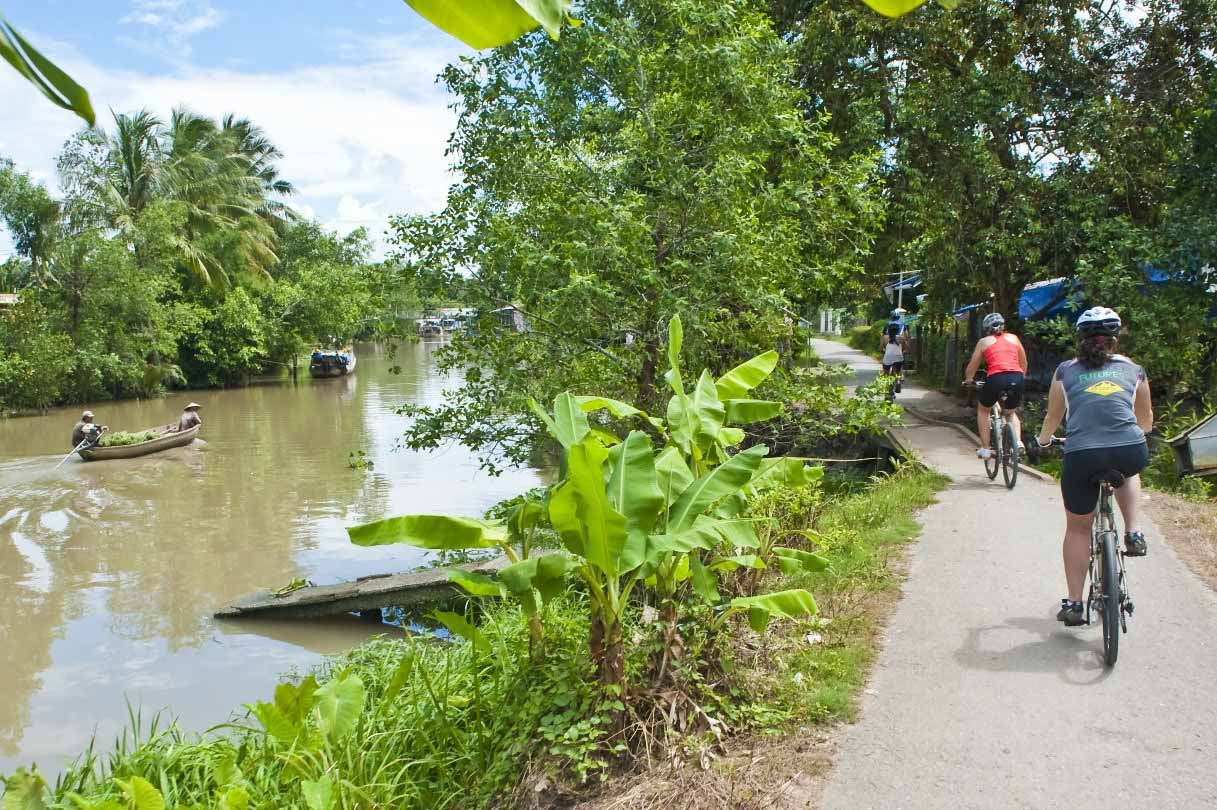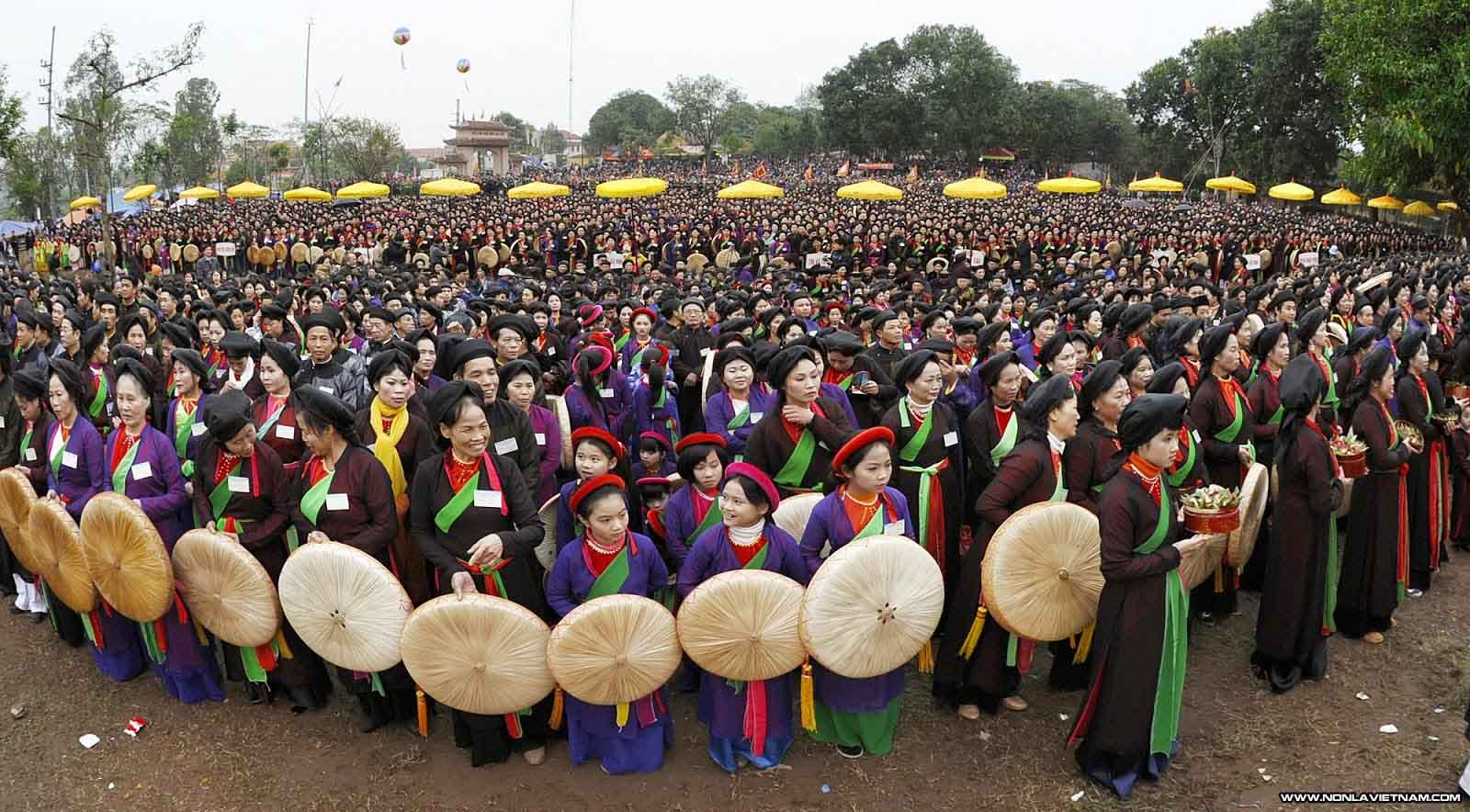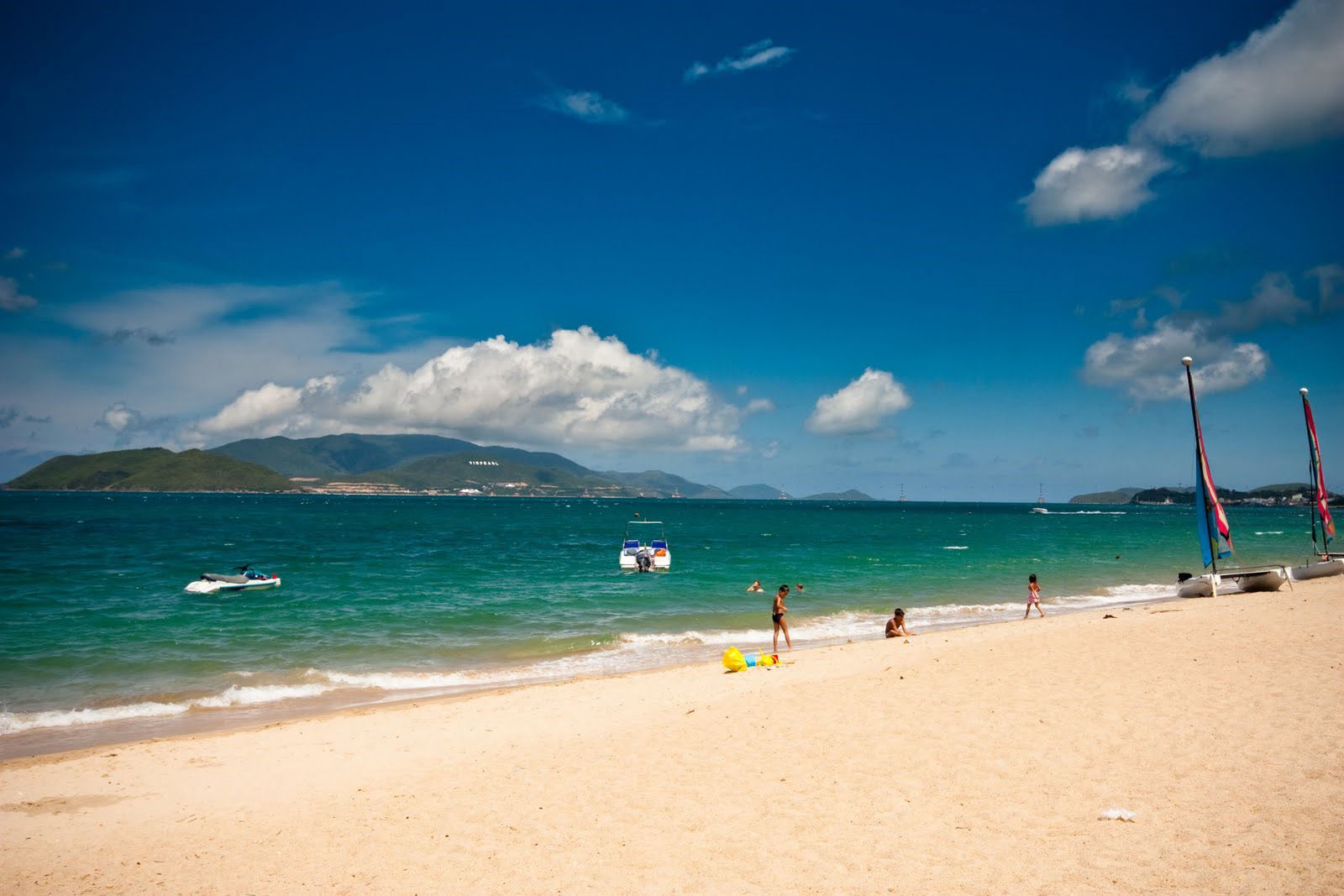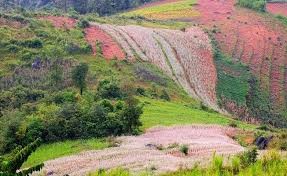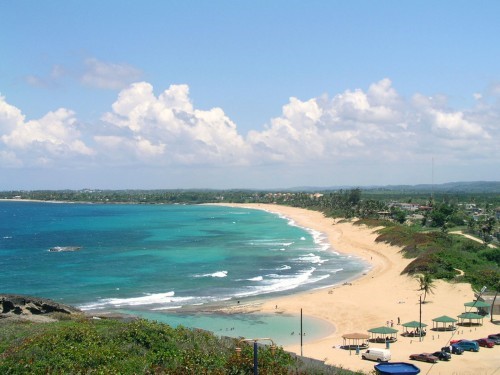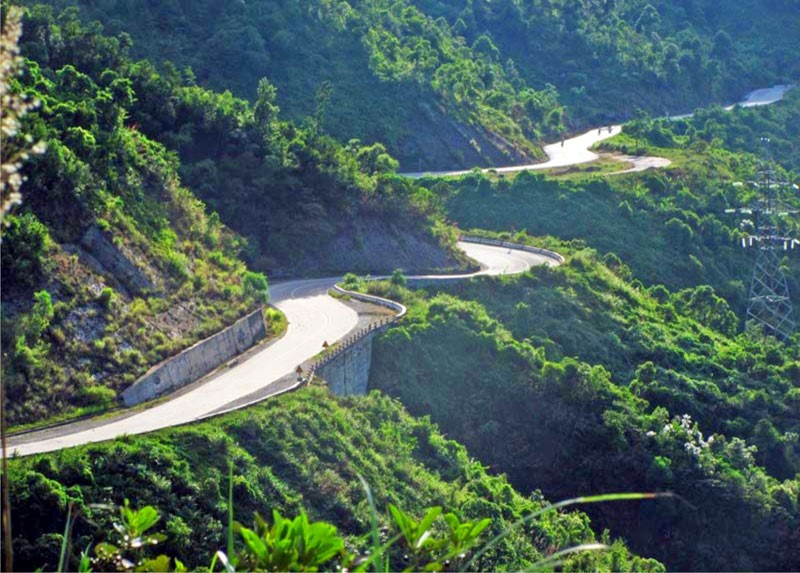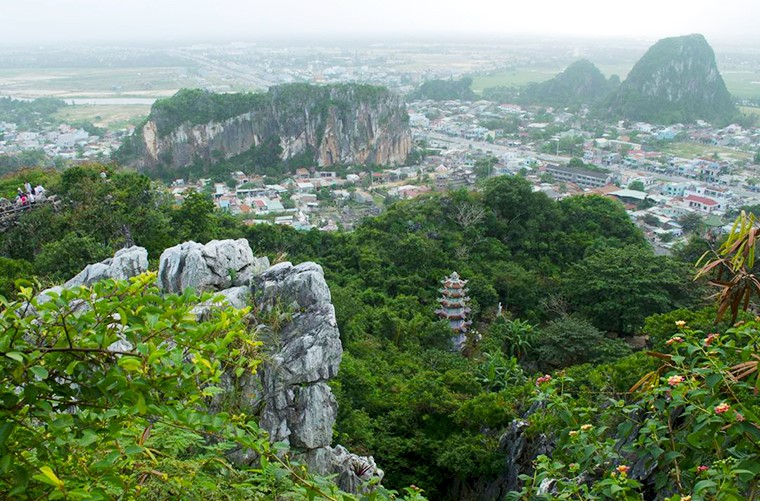Vietnam Travel Guides- Useful Tips on How to Exchange Currency
Nowadays, it is really necessary to exchange money before or while having a trip to another country. For tourists coming to Vietnam, it is quite harder because, in fact, the dog is not a popular currency worldwide. Therefore, it is difficult for foreign tourists to change their original money to the dong. Instead, they normally have to change the money when they have already come to Vietnam. However, don’t worry because right in this article, you will be provided some Vietnam travel guides for currency exchange from foreign currencies to Vietnam's dong, especially the dollar, which seems to be the most popular currency to be used by foreign tourists at this moment.
1. The exchange rate
Some people often ignore this factor although it is among the most important and obvious questions to be asked before coming for an adventure in a particular country in the world like Vietnam. For those who haven’t had the exact information, the current exchange rate between the dollar and the dog – the official currency in Vietnam is approximate $1 ≈ VND 22,000.
2. Money exchange places
Normally, you can exchange your money in almost every bank in Vietnam, because like everywhere else in the world, banks are the places which have the role. The working time of Vietnam banks is from Monday to Friday, and for the exact hours, from 8 a.m. to 11:30 a.m. and 1 p.m. to 4 p.m. In some big branches of banks in Vietnam, they work even on Saturday morning. However, you need to remember that only bank branches in urban areas can help you to exchange foreign currency and traveler’s checks, while in small villages and towns, they do not provide those services, especially in some like cycle tours in Vietnam.

For example, one of the top four biggest banks run by Vietnam government, Vietcombank, can exchange various currencies to the
- U.S, Australia, Canadian, Hong Kong and Singaporean dollars
- Euro
- British pound sterling
- Thai Baht
- Japanese Yen
In fact, most of the tourists coming to Vietnam to visit choose this method because it is safe and it ensures their adventure holidays in Vietnam. However, they are hardly flexible and often, they have to
Besides, one thing to note down is that Vietnamese banks do not accept torn or damages foreign notes or cash; if they do, the value of the notes will reduce massively. For example, normally, the banks will exchange your damaged foreign notes with the rate from three to four percent of the originals, on average depending on how damaged they are. This can affect a lot your Vietnam outdoor tour.

For another choice, tourists can also choose to exchange their foreign money right in the airports of tourist sites, but this must only be the urgent solutions among the best Vietnam travel guides. Although the procedures are done much quicker and more conveniently, they may acquire you to charge more fees for the action and it is wasteful. Thus, unless you are in a hurry, this can only be considered a substitute option.
A temporary solution for tourists who unfortunately forget or lose their passport somewhere is gold shops. In fact, this is often considered illegal, but when you cannot find a bank nearby, this can be the best choice to make sure that you can be safe in a strange country and by that, you can take part in whatever outdoor activities in Vietnam that you want.

3. Vietnamese currency acquaintance
Maybe one of the most important thing in using a new currency is knowing its value. However, in fact, it is not that difficult to distinguish different values of notes in Vietnam thanks to the number printed on the paper or plastic notes. Currently, Vietnamese people use paper notes with the smaller values including 500

The above are some most effective and useful tips for currency exchange in Vietnam included in the list of best Vietnam travel guides. Your trip to this peaceful and beautiful country will be more convenient and comfortable if you following the guides. Welcome to Vietnam and have a memorable private trip or with your friends and family.
More guide...
Responsible Travel
Being a responsible eco tour operator is at the heart of what ACTIVETRAVEL ASIA is all about. From the start, we have been committed to offering low-impact tours that benefit traveler and host alike. We work with local communities, businesses and individuals to develop sustainable tourism opportunities that help local economies while minimizing negative environmental and cultural impacts.
Asia Travel News


